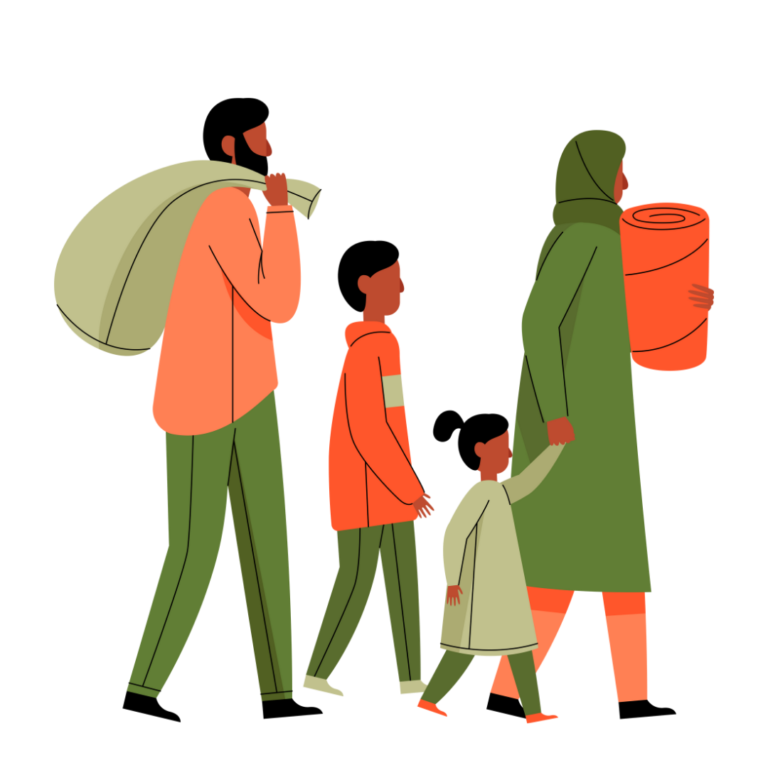Children of immigrants are often clashing within themselves to come to terms with their true identity due to having dual, or even multiple for some people, cultural backgrounds. It can be difficult for them to feel like they fit in anywhere and are constantly fighting senses of imposter syndrome and isolation. Some specific challenges include:
- Identity Confusion: As mentioned earlier, this group is constantly fighting demons within themselves to put a name and description to their identities due to clashing standards and norms. For example, maybe someone comes from a nationality/ethnic group where the LGBTQ+ community is disregarded or shamed, but this individual is beginning to question their sexuality and wondering if they’re maybe gay. It can be difficult for that individual to come to terms with their true identity and openly express themselves in fear of what their parents will think. This can be even more difficult to accept when maybe people in their friend group or other personal communities are beginning to join the LGBTQ+ community and openly expressing themselves, causing this individual to feel excluded and isolated.
- Social Isolation: Due to physically looking different, being of different background than their peers, and having different practices, these individuals are often very isolated from society and/or their social environment. There is the classic example of the Indian kid bringing “smelly food” to the lunch table, being laughed at, and having to eat in the bathroom or hide their food when they eat. Instances like these are common amongst youth, especially the much younger spectrum, and it can be mentally exhausting to have to constantly abide by their new society’s standards and norms whilst wanting to keep their ethnic cultural background close to them. However, no matter what they do, in the eyes of the members of their new society, they are still different in a way that is beyond being able to change, thus they will still always be socially isolated in some way or another.
- Pressure to Assimilate: As briefly mentioned earlier, these individuals feel forced or pressured to have to be like everyone else when they may not even want to. Maybe those Indian kids who bring Indian food to the lunch table actually really want to eat those foods from home and not the salads, sandwiches, and/or soups from the lunchline, however they feel as though they may have to do just that to be able to even eat lunch in peace. In addition, some kids have opposing pressure from their parents who are resistant to any kind of change and force their children to keep the same amount of ethnic connection. There is this constant tug for them between becoming so assimilated to their new society that they lose all their ethnic ties and being so connected with their backgrounds that they will forever be isolated.
Advice
As a daughter of immigrant parents from India as well, I completely understand and relate to anyone facing these problems. I have so many stories of – ever since kindergarten – trying to become more “white” or “American” just to fit in or seem “cooler.” I don’t think it’s something we can ever truly escape; no matter how many alterations you make to your physical appearance or anything else about your personality, you will always be “tainted” with a streak of difference that other members of society can’t completely accept. Honestly, the biggest piece of advice I can give is to hold onto those cultural ties of yours – no matter how small, insignificant, or “not cool” they may seem – because they are a part of your identity that not many others in your society have, especially probably the people who bully you about them. Those ties are so important in being connected with your personal history, and they are the most unique part of you, thus no one should be allowed to take them away from you. Remember that being unique can be so much more rewarding than being identical to everyone.
Written By: Nithya Rupavatharam, Mental H2O Youth Resource Writer


